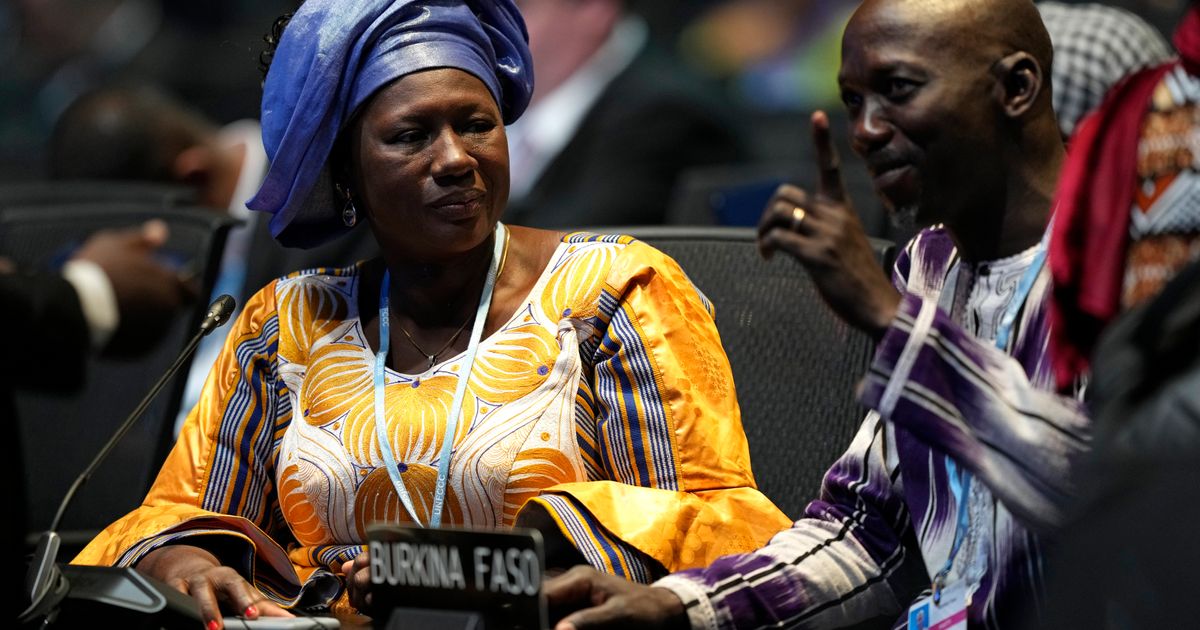NAIROBI, Kenya (AP) — There is “no timeline” for restoring Internet access to Ethiopia’s war-torn Tigray region, a senior government…
NAIROBI, Kenya (AP) — There is “no timeline” for restoring Internet access in Ethiopia’s war-torn Tigray region, a senior government official said Tuesday.
The restoration of Tigray’s internet service will be carried out along with the restoration of telephone and electricity services, although no date has been set for these purposes, Ethiopia’s Minister of Innovation and Technology, Belete Mola, said.
He was speaking at the annual UN Forum on Internet Governance, which is being held this week in the Ethiopian capital, Addis Ababa.
“The government of Ethiopia is developing a package that is not only about restoring the Internet, but restoring everything, because that is what we need as a people, as a government,” Belete said of the Internet blackout in Tigray. “No chronology.”
Tigray, home to more than 5 million people, has been without internet, telecommunications and banking services since war broke out in November 2020 between federal government troops and forces led by the People’s Front for the Liberation of Tigray.
A ceasefire agreement signed between the warring parties in South Africa earlier this month obliges the government to restore basic services to Tigray, but the blackout has not yet been lifted.
The resumption of hostilities in August halted aid deliveries to Tigray, which is experiencing a humanitarian crisis. Aid has begun to reach the region, but last week the World Food Program said access to parts of Tigray remained “limited”.
The UN’s decision to host its major Internet access event in Ethiopia has drawn criticism over Tigray’s power outages. This year’s conference aims to take steps towards “universal, affordable and meaningful connectivity”, especially in Africa, where 60% of the continent’s 3 billion people are offline.
Ethiopia has shut down the Internet at least 22 times since 2016, according to Internet rights group Access Now. The blackout affecting Tigra “is the world’s longest continuous blackout,” said Brett Solomon, chief executive of Access Now.
Aid workers and human rights groups say the disconnection has hampered the delivery of aid to Tigray and contributed to human rights abuses by fostering a culture of impunity among armed actors. UN investigators have accused all sides of abuses, including killings, rape and torture.
Speaking at the opening ceremony of an Internet forum on Tuesday, Ethiopian Prime Minister Abiy Ahmed appeared to defend the shutdown in Tigray, saying the Internet “supported the spread of disinformation as Ethiopia dealt with an armed insurgency in the northern part of the country.” .
Copyright © 2022 The Associated Press. All rights reserved. This material may not be published, broadcast, written or distributed.







